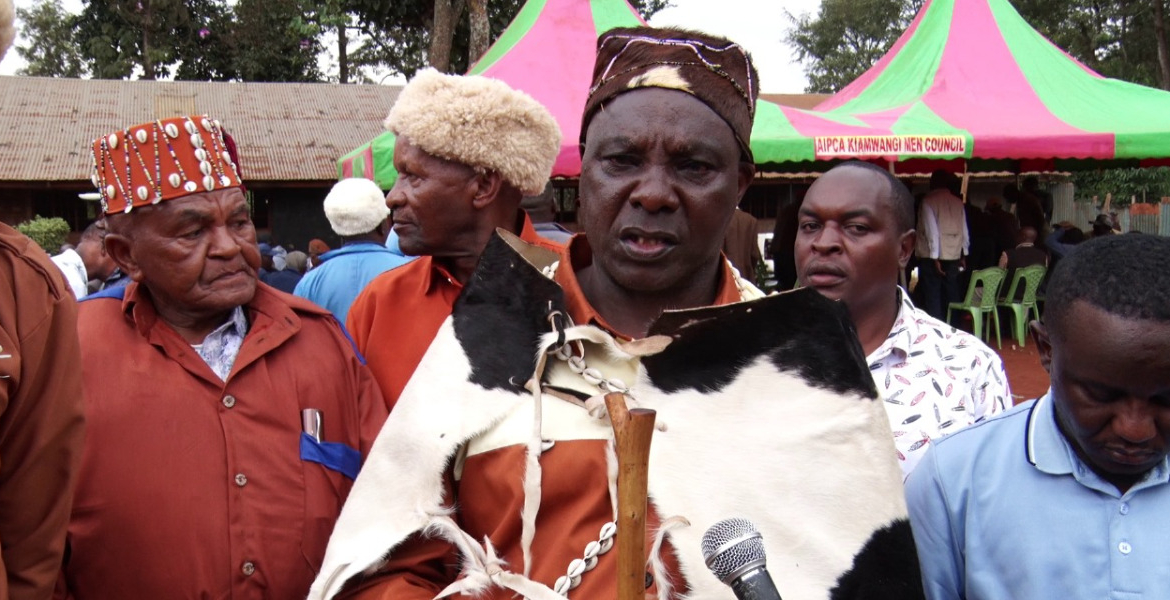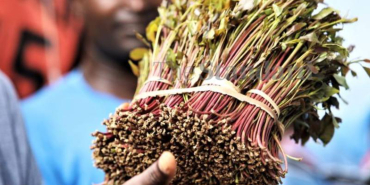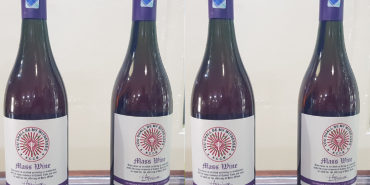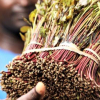Kikuyu Elders Reject Claims Linking Muratina to Youth Alcoholism

Kikuyu elders are pushing back against claims by some church leaders that the use of Muratina, a traditional brew, is fuelling alcohol abuse among youth, warning that such accusations misrepresent cultural practices and threaten community unity.
The Kikuyu Council of Elders has strongly rejected these accusations, arguing that such claims distort the cultural importance of traditional rituals and risk damaging the cohesion of their community. During a recent cultural event, Council Chairperson Kariuki Kibathi expressed concern over what he described as ongoing misinterpretations of Kikuyu customs by some religious figures. He warned that continued attacks on cultural traditions could erode long-standing values and sow division within the community.
“This kind of misunderstanding can affect the unity of our community,” Kibathi said, calling for mutual respect and constructive engagement between religious and cultural institutions.
At the centre of the debate is Muratina, a traditional drink used in Kikuyu ceremonies. The elders stressed that its use is ceremonial and tightly regulated, with symbolic meaning that differs significantly from casual or recreational alcohol consumption. They argued that linking it to alcohol abuse reflects a lack of understanding of its cultural role. Elder Nderi Karanja echoed this view, saying the council is not in conflict with the church but rather seeking unity.
“As elders, we are not fighting the church. We want unity. When issues arise, let us sit down and talk respectfully rather than locking horns,” he said, urging open dialogue and mutual respect.
This cultural tension comes amid broader concerns over the spread of illicit alcohol in the region. The elders acknowledged the serious harm caused by unregulated brews, particularly to young people. They identified unemployment as a key factor behind rising substance abuse. Karanja called on the government to take action, arguing that greater economic opportunities would help reduce idleness and offer young people meaningful alternatives to alcohol use.
“The government must create opportunities for the youth to reduce idleness, which leads to alcoholism in several instances. If they had jobs, they would be occupied and avoid alcohol,” he noted.
Local leaders have expressed support for the elders, recognising their role in preserving cultural heritage and mentoring the youth. Kiamwangi MCA Kung’u Smart Wanjiku commended the elders for promoting responsibility and pride in Kikuyu identity among younger generations. He also encouraged stronger cooperation between cultural and religious institutions, suggesting that a united approach is essential for improving youth welfare.








Add new comment